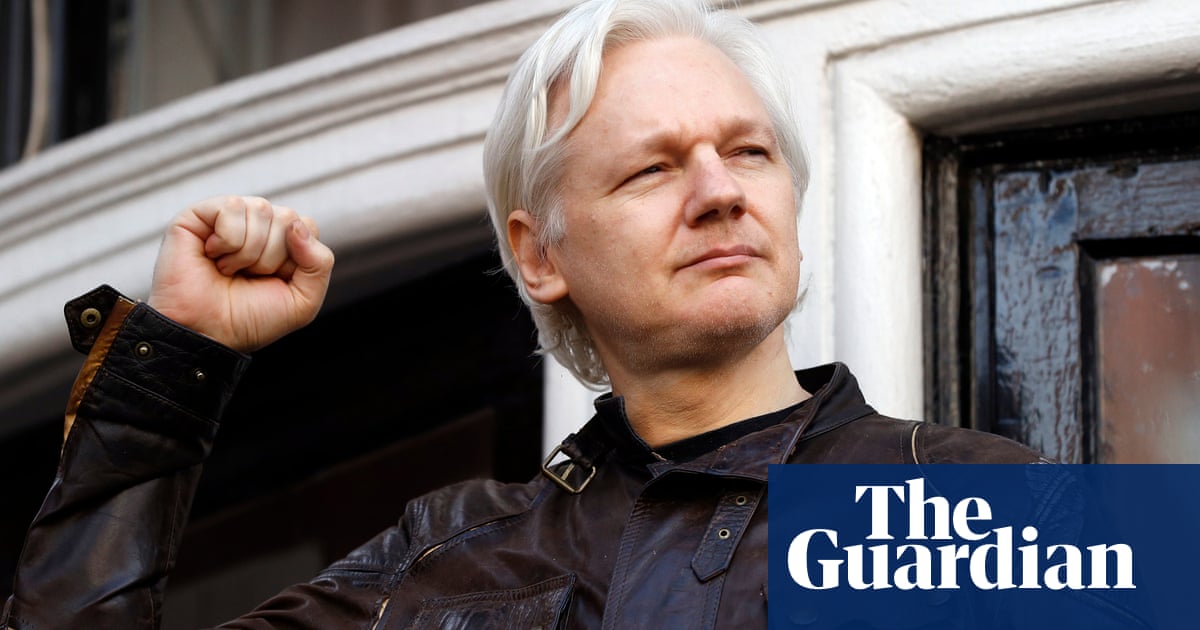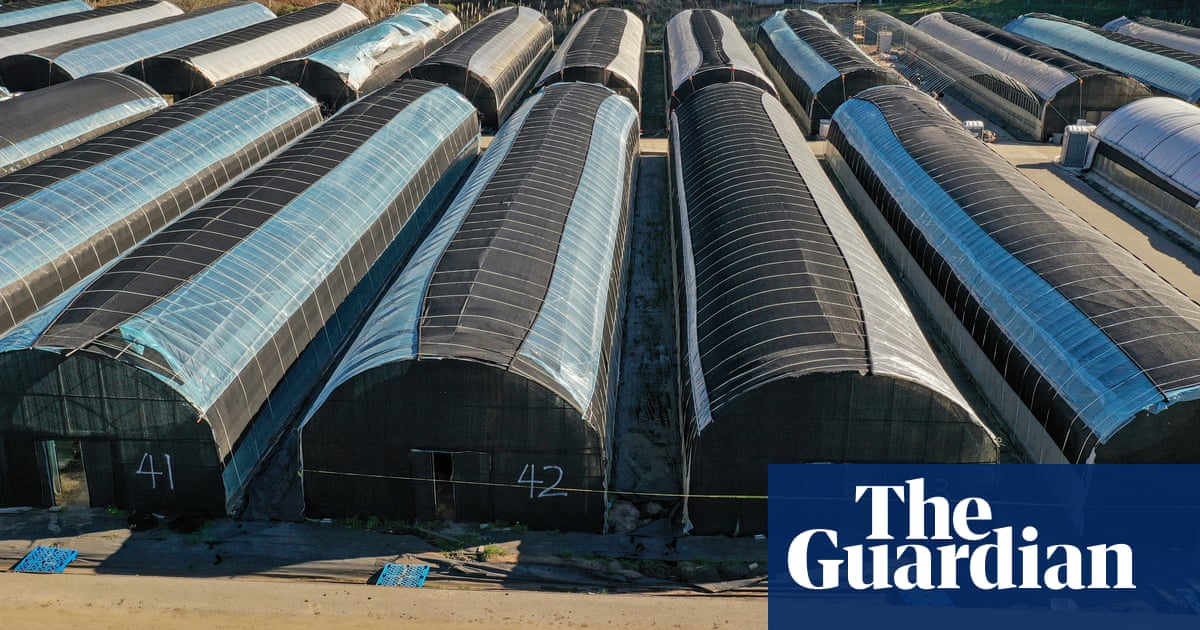WikiLeaks founder Julian Assange is expected to plead guilty this week to violating US espionage law, in a deal that could end his imprisonment in Britain and allow him to return home to Australia.
US prosecutors said in court papers that Assange, 52, has agreed to plead guilty to a single criminal count of conspiring to obtain and disclose classified US national defence documents, according to filings in the US District Court for the Northern Mariana Islands.
Assange is due to be sentenced at a hearing on the island of Saipan at 9am local time on Wednesday (2300 GMT on Tuesday). Under the deal, which must be approved by a judge, he is likely to be credited for the five years he has already served and face no new jail time.
WikiLeaks in 2010 released hundreds of thousands of classified US military documents on Washingtonâs wars in Afghanistan and Iraq â the largest security breaches of their kind in US military history â along with swaths of diplomatic cables.
An Australian government spokesperson did not confirm or deny the plea deal but said Canberra was âawareâ of the legal proceedings, adding: âprime minister [Anthony] Albanese has been clear – Mr Assangeâs case has dragged on for too long and there is nothing to be gained by his continued incarceration.â
The plea agreement comes months after President Joe Biden said he was considering a request from Australia to drop the US push to prosecute Assange.
Assange was indicted during former President Donald Trumpâs administration over WikiLeaksâ mass release of secret US documents, which were leaked by Chelsea Manning, a former US military intelligence analyst who was also prosecuted under the Espionage Act.
The trove of more than 700,000 documents included diplomatic cables and battlefield accounts such as a 2007 video of a US Apache helicopter firing at suspected insurgents in Iraq, killing a dozen people including two Reuters news staff. That video was released in 2010.
The charges against Assange sparked outrage among his many global supporters who have long argued that Assange as the publisher of WikiLeaks should not face charges typically used against federal government employees who steal or leak information.
Many press freedom advocates have argued that criminally charging Assange represents a threat to free speech.
Assange was first arrested in Britain in 2010 on a European arrest warrant after Swedish authorities said they wanted to question him over sex-crime allegations that were later dropped.
He fled to Ecuadorâs embassy, where he remained for seven years, to avoid extradition to Sweden.
He was dragged out of the embassy in 2019 and jailed for skipping bail. He has been in Londonâs Belmarsh top security jail ever since, from where he has for almost five years been fighting extradition to the US. The hearing is taking place in the Mariana Islands because of Assangeâs opposition to travelling to the continental US and the courtâs proximity to Australia.
While in Belmarsh, Assange married his partner Stella with whom he had two children while he was in the Ecuadorian embassy.
Manning was sentenced to 35 years in prison after being convicted of violating the Espionage Act and other offences for leaking classified government and military documents to WikiLeaks.
President Barack Obama commuted her sentence in 2017, allowing her release after about seven years behind bars.
Reuters contributed to this report



